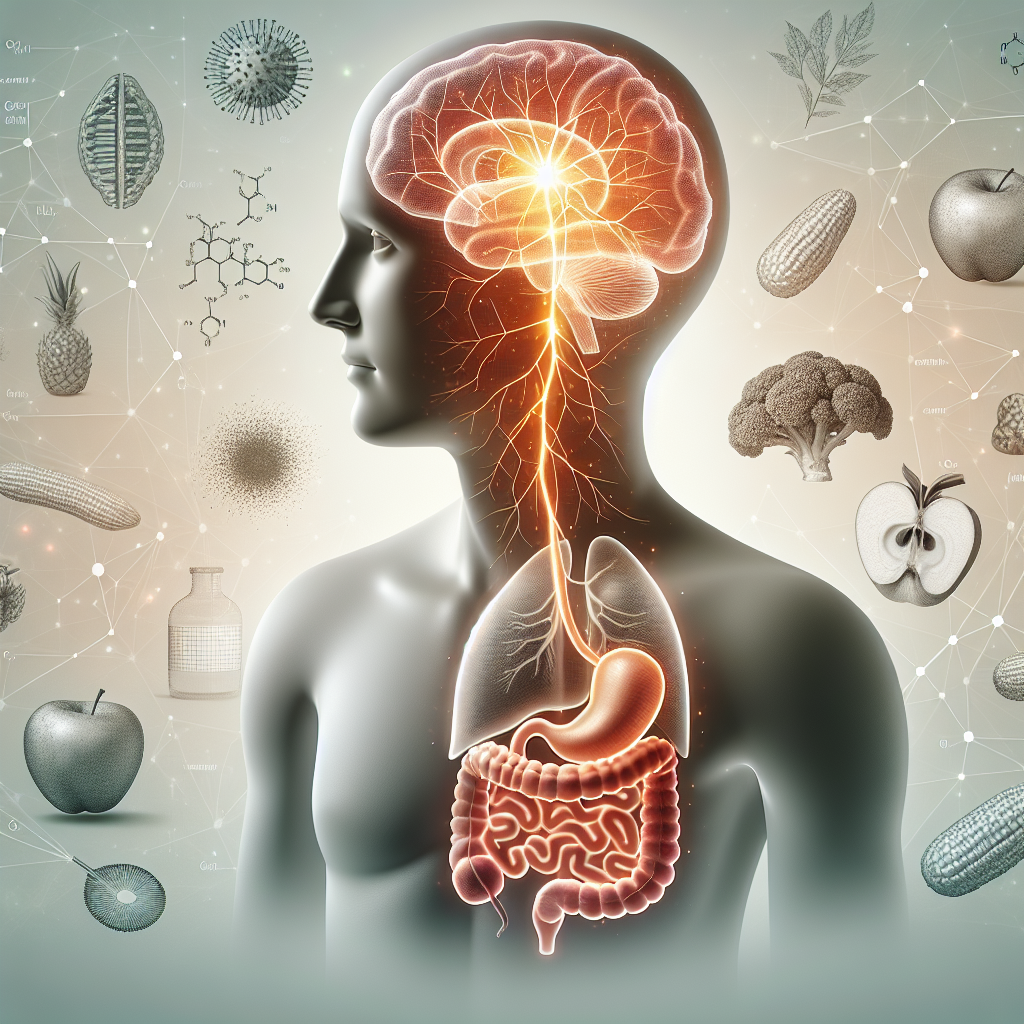What is Histamine Intolerance?
Histamine intolerance is a condition where the body struggles to break down histamine, a chemical involved in the immune system, digestion, and central nervous system processes. Unlike allergies where histamine is released in response to an allergen, histamine intolerance results from an accumulation that can disrupt normal bodily functions.
Symptoms of Histamine Intolerance
The symptoms of histamine intolerance can often mimic those of an allergic reaction. Common signs include headaches, nasal congestion, fatigue, hives, digestive issues, and irregular menstrual cycles. More severe reactions might involve symptoms like difficulty breathing or a drop in blood pressure, which are medical emergencies.
Causes Behind Histamine Intolerance
The primary cause of histamine intolerance is an imbalance between accumulated histamine and the body’s capacity to break it down. The enzyme responsible for breaking down histamine, diamine oxidase (DAO), may be inhibited or deficient in some individuals. Factors contributing to this deficiency include gastrointestinal disorders, genetic predispositions, and certain medications that block DAO functions.
Dietary Management of Histamine Intolerance
Managing histamine intolerance primarily involves dietary adjustments to reduce histamine intake and enhance DAO levels. Foods high in histamine include aged cheeses, smoked meats, fermented products, and alcohol. Conversely, foods like fresh meat, non-citrus fruits, and cooking oils are generally considered low in histamine.
Supplements like DAO enzymes are also available and can help reduce symptoms by aiding the breakdown of histamine in foods. However, consulting with a healthcare provider before starting any new supplement regimen is crucial.
Diagnosing Histamine Intolerance
Diagnosing histamine intolerance can be challenging as there is no standardized test for it. Health professionals usually recommend an elimination diet, where high-histamine foods are removed for a few weeks to observe if symptoms improve. If symptoms do reduce, foods are gradually reintroduced to pinpoint which ones trigger reactions.
Living with Histamine Intolerance
Living with histamine intolerance requires ongoing management and awareness of one’s diet and environment. Keeping a food diary can be a helpful tool to identify and avoid personal triggers. Additionally, stress management techniques such as yoga and meditation have been found beneficial in managing symptoms, possibly due to their effects on overall inflammation levels.
Conclusion
Histamine intolerance, while challenging, can be effectively managed with the right dietary and lifestyle adjustments. It’s important for individuals to work closely with healthcare providers to develop a personalized management plan that helps maintain a good quality of life.


